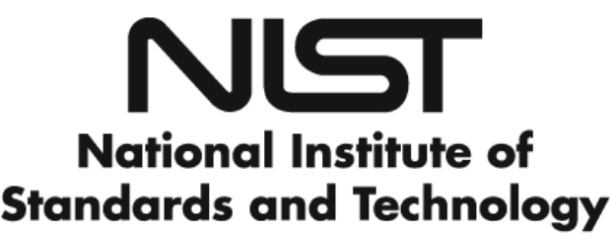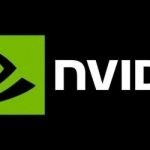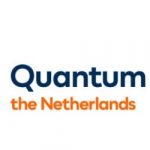A Q&A With NIST Theorist Alexey Gorshkov: What’s So Great About Quantum Computing?

(NIST.gov) National Institute of Standards and Technology (NIST) public affairs specialist Chad Boutin interviewed Alexey Gorshkov, a NIST theorist at NIST/University of Maryland’s Joint Center for Quantum Information and Computer Science (QuICS) and Joint Quantum Institute, who works at the intersection of physics and computer science research. IQT-News summarizes the extensive interview below; the complete interview well-worth the time to read as well.
We all hear about quantum computers and how many research groups around the world are trying to help build them. What has your theoretical work helped clarify about what they can do and how?
I work on ideas for quantum computer hardware. . .One thing I do is propose ideas for various qubit systems made up of different materials, such as neutral atoms. I also talk about how to make logic gates, and how to connect qubits into a big computer.
You focus on quantum systems. What are they?
I usually start by saying, at very small scales the world obeys quantum mechanics. People know about atoms and electrons, which are small quantum systems. Compared to the big objects we know, they are peculiar because they can be in two seemingly incompatible states at once, such as particles being in two places at the same time. The way these systems work is weird at first, but you get to know them.
What is compelling about a large quantum system?
One of the first motivations for trying to understand large quantum systems is potential technological applications. So far quantum computers haven’t done anything useful, but people think they will very soon and it’s very interesting. A quantum internet would be a secure internet, and it also would allow you to connect many quantum computers to make them more powerful. I’m fascinated by these possibilities.
Why are you personally so interested in quantum research?
I got my first exposure to it after my junior year in college. I quickly found it has a great mix of math, physics, computer science and interactions with experimentalists. The intersection of all these fields is why it’s so much fun. I like seeing the connections. You end up pulling an idea from one field and applying it to another and it becomes this beautiful thing.
Lastly, why NIST? Why is working at a measurement lab on this research so important?
Quantum is at the heart of NIST, and its people are why. We have top experimentalists here including multiple Nobel laureates. NIST gives us the resources to do great science. And it’s good to work for a public institution, where you can serve society.
In many ways, quantum computing came out of NIST and measurement: It came out of trying to build better clocks. Dave Wineland’s work with ions is important here. Jun Ye’s work with neutral atoms is too. Their work led to the development of amazing control over ions and neutral atoms, and this is very important for quantum computing.
Measurement is at the heart of quantum computing. An exciting open question that lots of people are working on is how to measure the “quantum advantage,” as we call it. Suppose someone says, “Here is a quantum computer, but just how big is its advantage over a classical computer?” We’re proposing how to measure that.
https://www.nist.gov/blogs/taking-measure/whats-so-great-about-quantum-computing-qa-nist-theorist-alexey-gorshkov
Sandra K. Helsel, Ph.D. has been researching and reporting on frontier technologies since 1990. She has her Ph.D. from the University of Arizona.



















